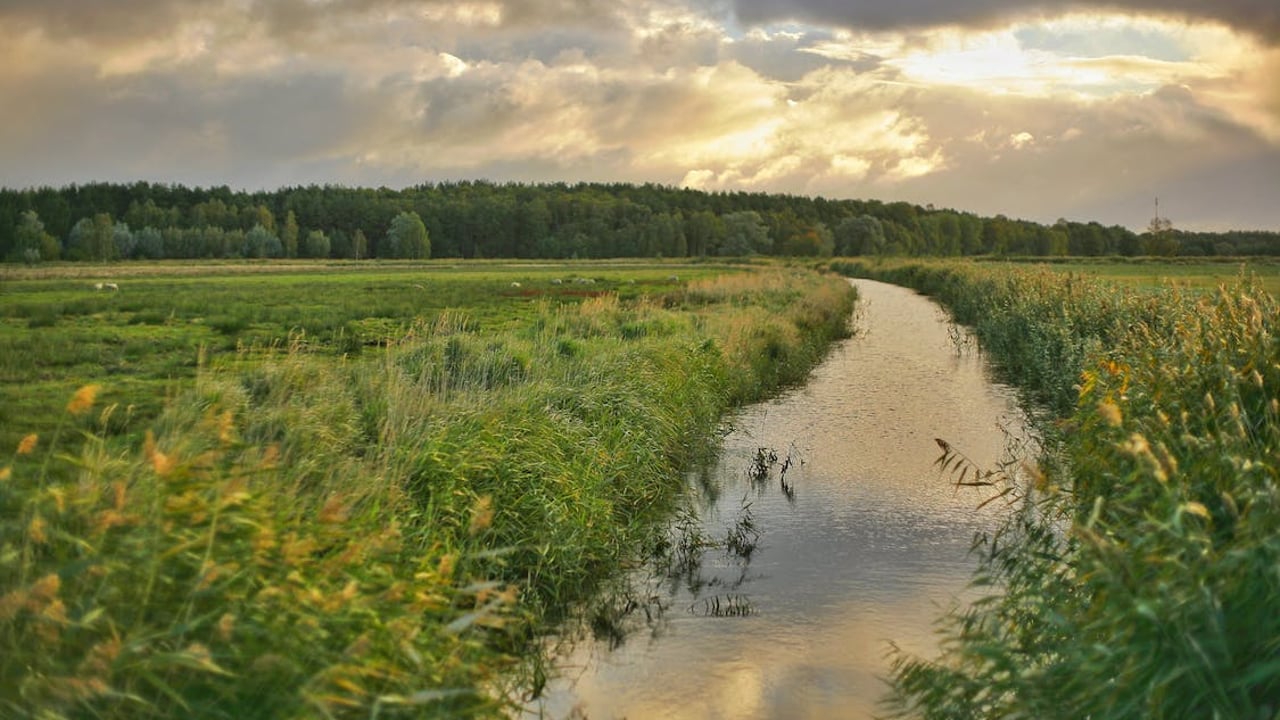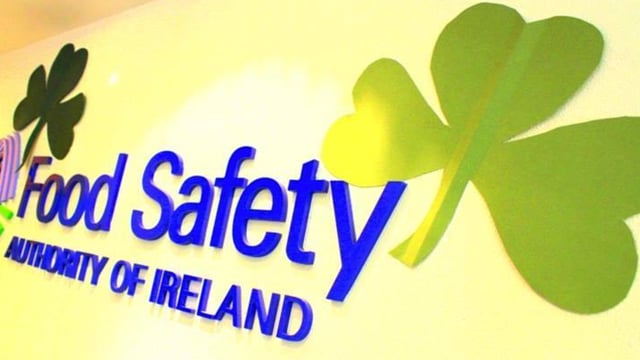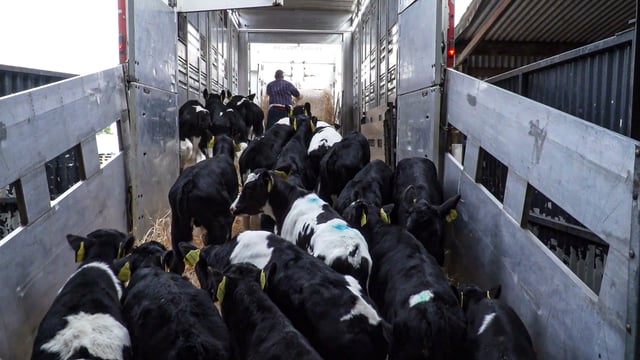'Measures under consideration' outlined for 6th NAP
The Department of Agriculture, Food and the Marine has outlined "measures under consideration" for Ireland's sixth Nitrates Action Programme (NAP), which is due to come into effect from January 1.
The proposed objectives and measures were shared with stakeholders in a recent meeting of the Agriculture Water Quality Working Group, with the measures based on retaining the nitrates derogation.
The measures included in the presentation are not the final measures to be included in the finalised NAP. But it is understood that the measures will be included in a letter that the government must submit to the European Commission outlining progress towards the next NAP.
This letter has to be submitted to the commission by August 1, according to sources.
A further meeting of the working group is due to take place next week with a view to finalising that letter to the commission, it is understood.
According to a presentation given at the previous meeting, the department is focusing on the "right combination" of factors to improve water quality, with those factors being regulation, knowledge transfer, awareness raising, and incentivisation.
The department said it aims to take "impactful measures grounded in science".
The overall aim, according to the presentation, is to give the European Commission "confidence" in the steps Irish agriculture is taking on water quality, improving our chances of retaining the nitrates derogation.
Among the regulatory measures being considered are enhancing famers' own knowledge of their nutrient balance, complemented by training and advice, and optimising nutrient and grassland management.
The department also wants to improve nutrient distribution on fragmented farms, by moving nutrients to out blocks. This would be complemented by research carried out by Teagasc.
Teagasc will also research the slurry and soiled water capacity requirements on Irish farms.
The presentation also mentions chemical nitrogen allowances for grassland and arable crops, although sources indicated that the information provided at the meeting on this point was unclear.
The presentation indicates that changes around shallow cultivation post-harvest on tillage land will be considered, as will be the timing of nutrient application.
The department will also look to expand its organic nutrient storage database.
According to the measures outlined, there will be a continued and increased focus on compliance and enforcement, based on a "standardised risk-based approach".
In terms of cross-agency work, the department is proposing that the National Agricultural Inspection Authority (NAIP), which is overseen by the Environmental Protection Agency (EPA), would cross-report to the department on water quality enforcement, with prosecutions carried out where necessary.





